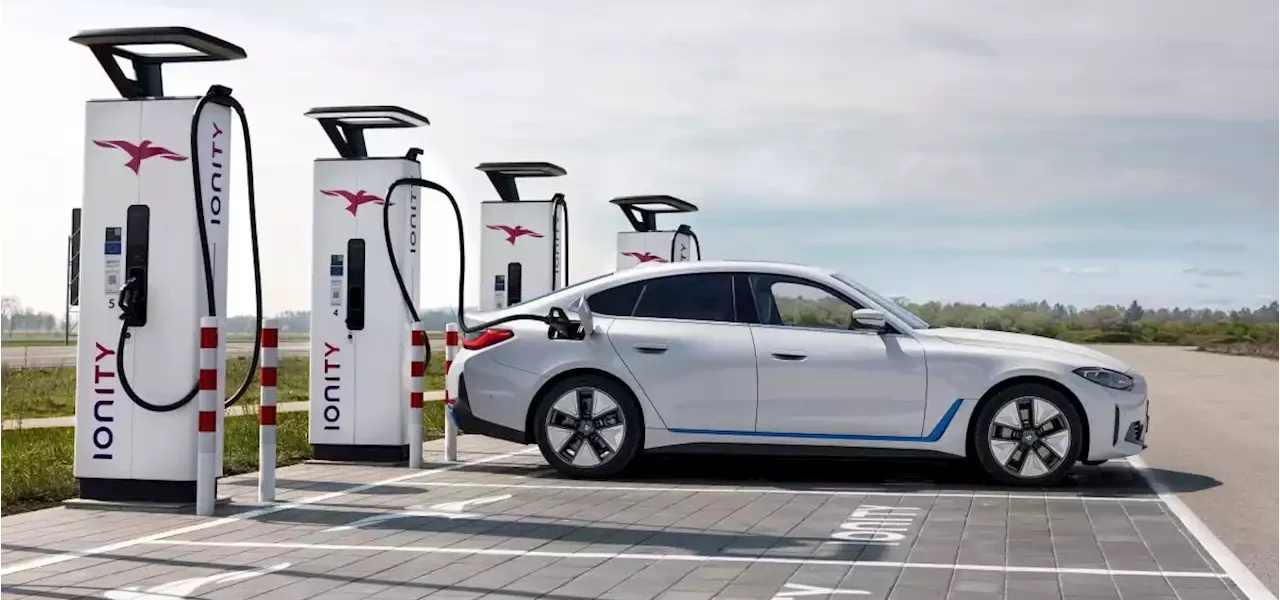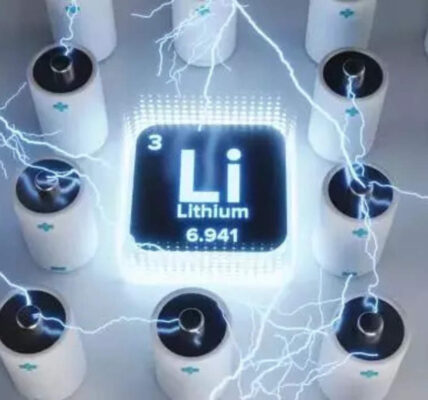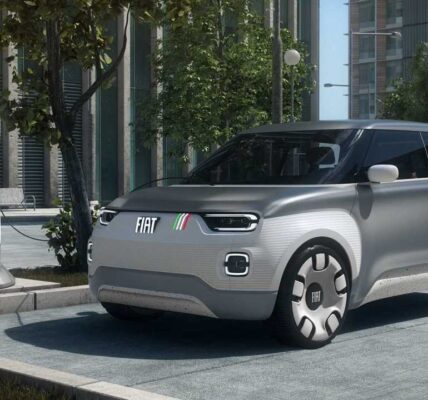The European Union has approved a new rules package for EV fast charging that requires there be a facility with at least 150 kW of power along all major transportation routes every 60 kilometers (37 miles) by 2025. According to The Verge, the new rules are intended to benefit EV drivers in three ways:
reduce range anxiety by expanding the EV charging infrastructure along Europe’s main highways
make payments at charging easier without requiring an app or subscription
ensure pricing and availability is clearly communicated to avoid surprises.
By the end of December 2025, each charging location needs to have at least 400 kW of total output with at least one 150 kW charger available. By December 31, 2027, the regulations require at least 600 kW of total output with at least one 150 kW charger. Some charging stations today are listed as having 150 kW of power, but have two charging cables. If two cars are using the charger at the same time, the total power is cut in half. The new rules require at least one charger with a minimum capacity of 150 kW at all times.
Europe has what it calls its Trans-European Transportation (TEN-T) network of highways, which are equivalent to the interstate highway system in the US. But there is also a network of feeder roads that connect to it. The same new rules will apply to 50% of those lesser roads starting in 2027. The buildout of EV fast charging stations along all those roads is to be completed by 2030. By 2035, all of them must have a total capacity of 600 kW per charging location.
The requirement that these fast charging locations operate the same as gasoline and diesel fueling stations — pull up, plug in, tap or insert a credit card, charge, then go — is an essential part of the European EV fast charging scheme. Operators are required to clearly show prices at their installed recharging points via “electronic means,” including wait times and availability.
Today, drivers may be required to have a welter of charging company credentials and special payment cards. It’s slow, frustrating, and confusing — aspects of EV charging that need to be eliminated if the EV revolution in Europe is to move forward.








